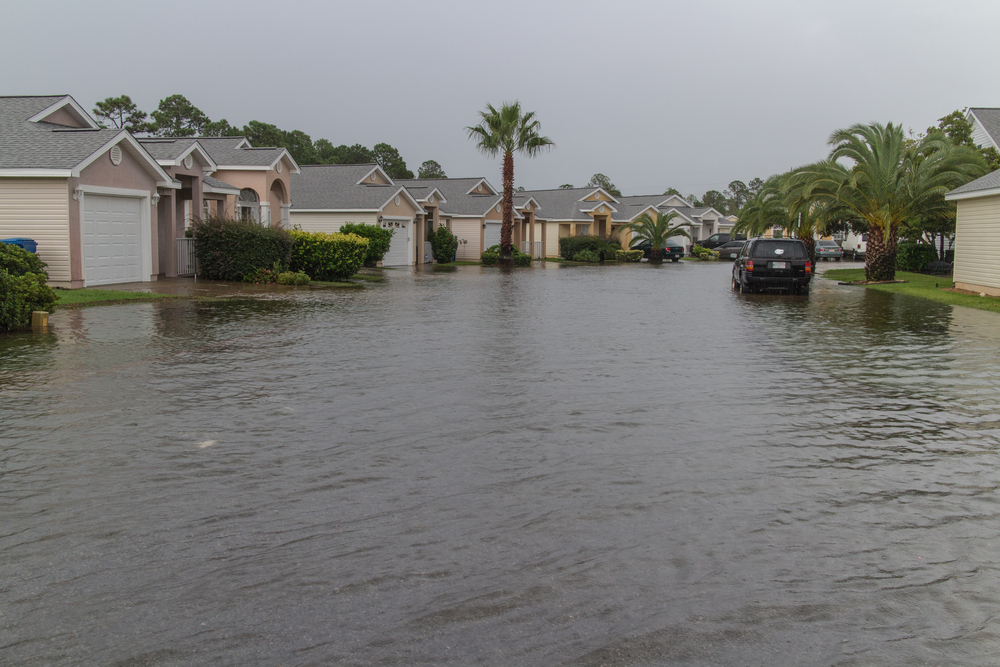
Florida Flood Season: Bracing for the Tide
In Florida, the arrival of the flood season brings a unique set of challenges for homeowners. Understanding the risks associated with the Florida flood season is crucial in safeguarding your home and family. In this comprehensive guide, we delve into the essential measures you can take to mitigate these risks.
The Rising Threat: Understanding Florida’s Flood Season
Florida’s geographical location makes it prone to heavy rains and hurricanes, leading to significant flooding risks. The flood season, typically lasting from June to November, coincides with the hurricane season, compounding the threat. Understanding these patterns is key to preparing effectively.
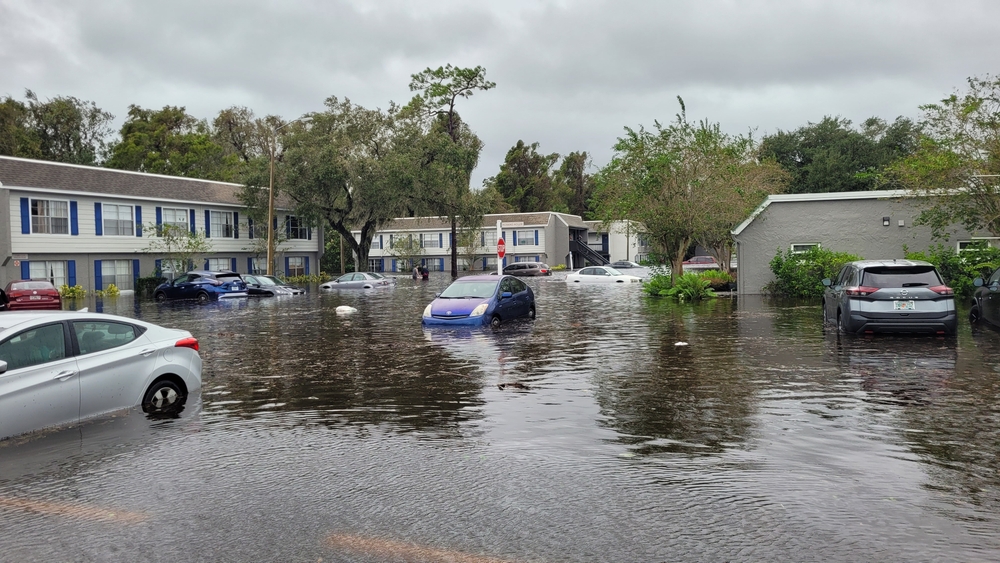
Assessing Vulnerability: How Floods Affect Your Home
Flooding can compromise the structural integrity of your home, lead to mold growth, and damage electrical systems. Assessing your home’s vulnerability is vital, considering factors like location, elevation, and previous flood history.
Preparation is Key: Steps to Protect Your Home
- Flood-proofing Your Home: Implementing measures like sealing basements, installing sump pumps, and using flood-resistant materials can significantly reduce flood damage.
- Landscaping Wisely: Proper landscaping can aid in water drainage, reducing the risk of water pooling around your home.
- Emergency Preparedness: Having an emergency kit, knowing evacuation routes, and preparing a family emergency plan are crucial steps.
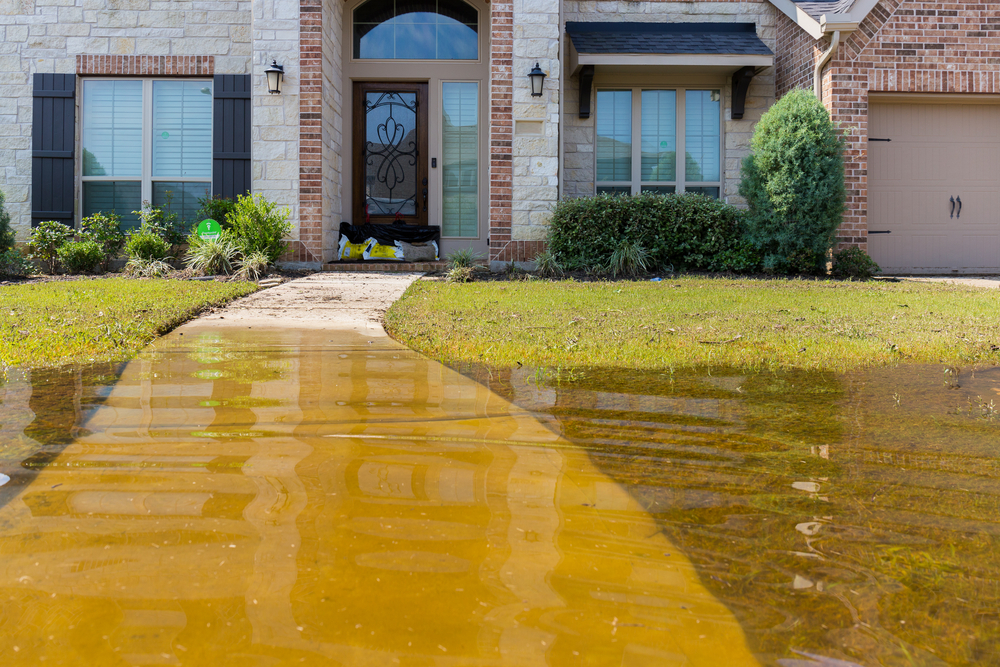
Insurance and Coverage: Navigating Flood Insurance
Understanding your insurance coverage is crucial. Standard homeowner’s insurance does not typically cover flood damage, making it essential to consider additional flood insurance, especially in high-risk areas.

After the Flood: Recovery and Mold Prevention
Post-flood recovery involves assessing damage, initiating repairs, and preventing mold growth. Quick action is necessary to prevent long-term damage. Professional services like ETA Mold can provide expert mold assessment and remediation assistance.
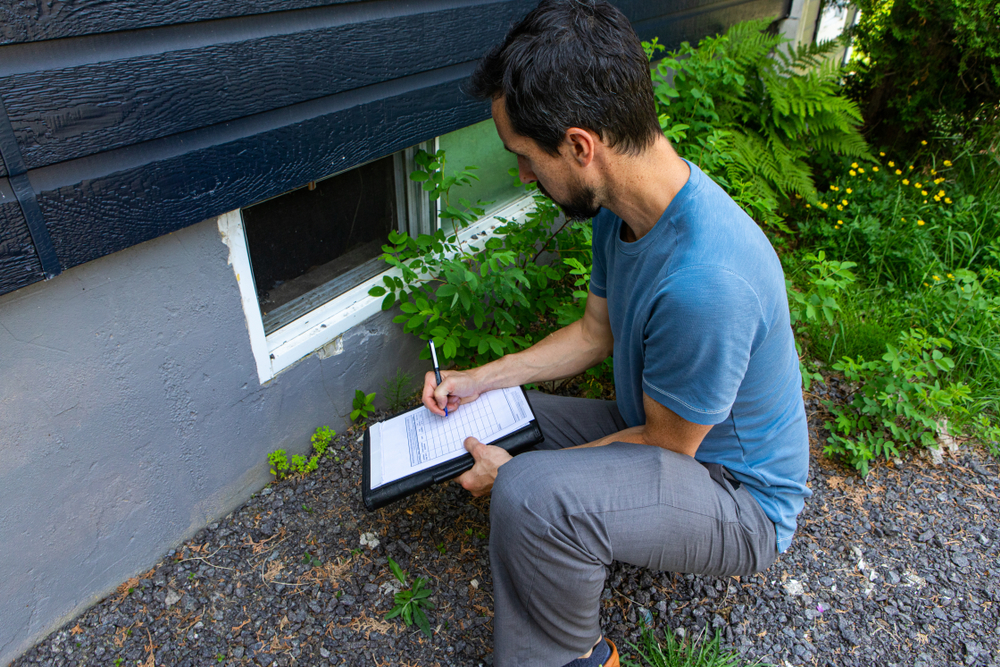
Staying Informed: Resources and Official Guidance
Staying informed through official channels, like the National Weather Service and local government advisories, is vital for real-time updates during the flood season. Websites like FloodSmart.gov provide valuable information on flood risks and insurance.
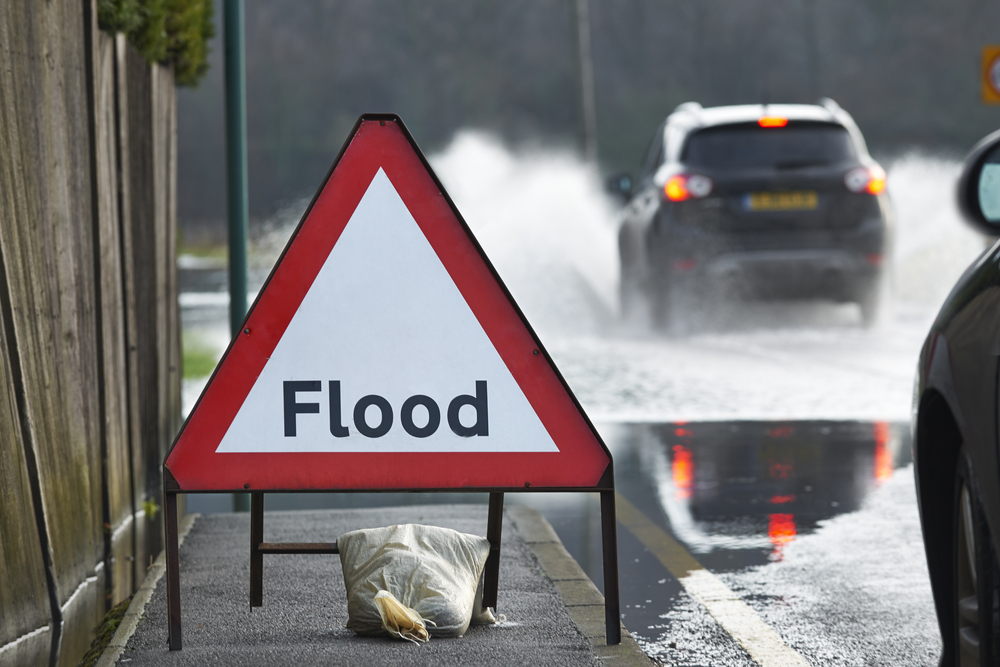
Building Resilience Against the Flood
By understanding and preparing for the Florida flood season, homeowners can significantly reduce the risks and impacts of flooding. Proactive measures and informed decisions are key to safeguarding your home and family during these challenging times.


Are there community-based initiatives or programs in Florida that aim to collectively address the challenges posed by the flood season, and how can individuals get involved? Greeting : Telkom University
Hello Telkom University,
Thank you for your thoughtful inquiry! In Florida, where flood seasons can pose significant challenges, there are indeed community-based initiatives and programs aimed at addressing these issues collectively. Here are some ways individuals can get involved:
Community Flood Preparedness Workshops:
Many communities in Florida organize workshops to educate residents about flood preparedness. Individuals can attend these sessions to learn about evacuation plans, emergency supplies, and flood-resistant measures for homes.
Volunteer with Local Emergency Response Teams:
Joining local emergency response teams allows individuals to actively contribute to flood preparedness and response efforts. These teams often conduct drills, provide information to the community, and assist during flood events.
Neighborhood Flood Watch Programs:
Some neighborhoods establish flood watch programs where residents work together to monitor water levels, share information, and coordinate responses. This grassroots approach enhances community resilience.
River and Coastal Cleanup Initiatives:
Participating in river and coastal cleanup events helps prevent flooding by maintaining waterways. Keeping these areas clear of debris reduces the risk of blockages that can contribute to flooding.
Community Advocacy for Infrastructure Improvement:
Individuals can advocate for improved infrastructure, such as better drainage systems and flood-resistant construction standards. Engaging with local government and attending public meetings can be effective ways to voice concerns.
Educational Outreach in Schools and Communities:
Collaborate with local schools and community centers to provide educational sessions on flood risks and preparedness. Empowering residents, especially children, with knowledge can foster a culture of preparedness.
To get involved, individuals can reach out to local community centers, emergency management offices, or environmental organizations in Florida. These entities often welcome volunteers and provide information on upcoming events and initiatives.
If you have any more questions or need further assistance, feel free to ask!
Best regards,
ETA Mold Team